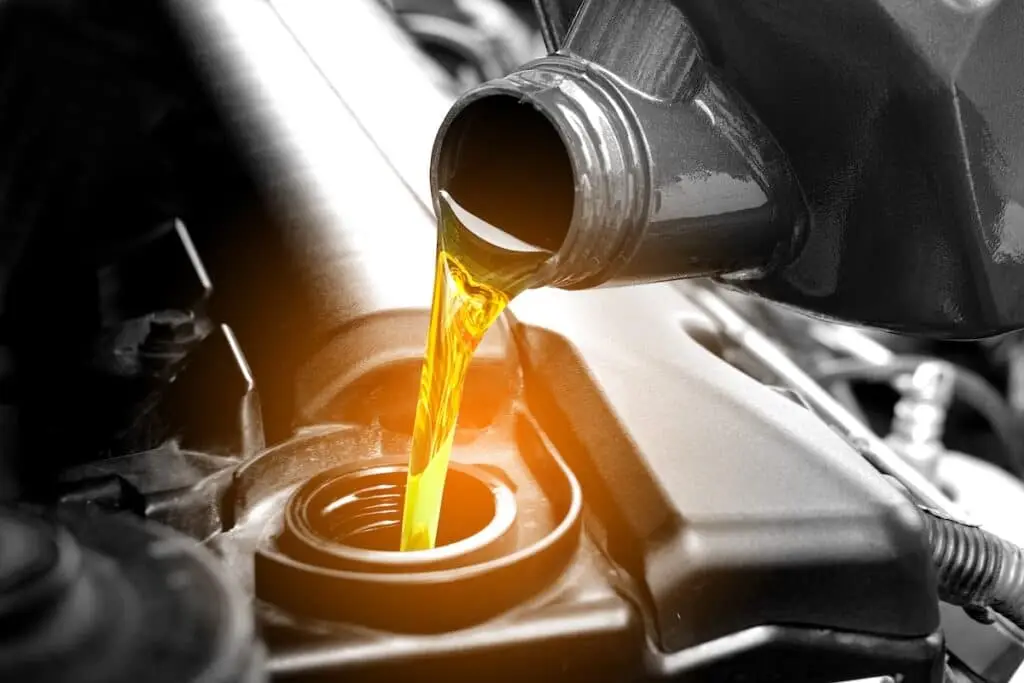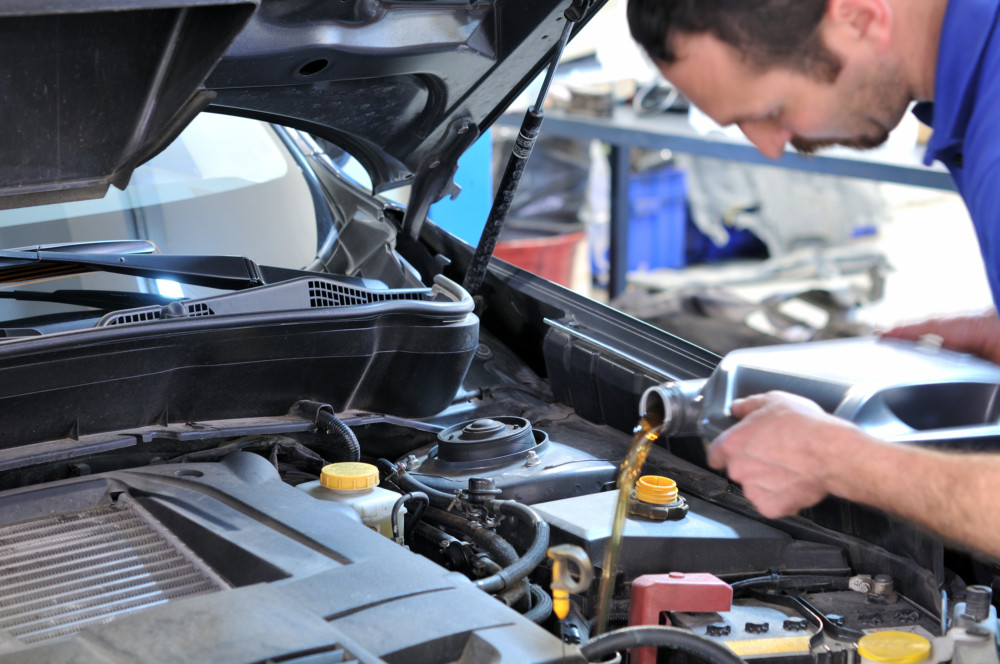A defective cooling (A/C) system can make a summertime drive excruciating. From cozy air blowing out of the vents to weird sounds or perhaps no great air at all, there are a number of prospective causes for A/C issues in your cars and truck. By comprehending the most typical reasons for A/C issues, you can deal with the problem much more successfully and stay clear of unneeded repair work.
Right here are several of the most regular sources of A/C problems in automobiles:
If you see that your A/C is blowing cozy air or isn't cooling effectively, it can be an indication that the cooling agent level is low. In this case, a professional mechanic will need to look for leaks and recharge the system. It should be fixed to stop the cooling agent from leaving once more. if a leak is found.
Typical indicators of a defective compressor include loud, unusual noises (like grinding or screeching) when the A/C is activated, or a lack of cooling air movement. If the compressor is the issue, it might need to be repaired or changed, which can be a costly solution.
![]()
Replacing the cabin air filter is a cost-effective and easy fix. Depending on your car, it's suggested to replace the filter every 15,000 to 30,000 miles or as specified in your automobile's proprietor's manual.
Electric issues are usually complicated to diagnose, and they may trigger recurring concerns with your A/C. If your A/C all of a sudden quits working or the controls appear unresponsive, it's worth having the electric system inspected by a certified auto mechanic to determine and solve the issue.
If you discover weak air flow or no air coming from the vents whatsoever, it might be an indicator of a stopping working blower electric motor. Replacing or fixing the blower motor is necessary to recovering proper air flow in your A/C system.
A clogged up condenser is frequently a very easy solution-- cleaning it out can help boost air flow and cooling effectiveness. If the condenser is badly harmed, it may need to be changed. Routinely examine the condenser for particles to assist maintain ideal A/C efficiency.
![]()
If you believe a leak, an auto mechanic can execute a diagnostic check making use of specialized devices to repair the leakage and discover. It is very important to repair any kind of leakages asap to stop more damage to the system and avoid high repair prices.
Protecting Against A/C Issues. To maintain your A/C in optimal condition and stay clear of pricey repair work, here are some preventative actions you can take:
Run the A/C on a regular basis: Even in cooler months, running the A/C for a couple of mins aids oil the system and avoids seals from drying. Change the cabin air filter: On a regular basis replace the cabin air filter to ensure great airflow and to stop blocking. Check for leaks: Have your A/C system checked periodically for cooling agent leakages to stop damage. Clear the condenser: Clean the condenser consistently to eliminate any kind of particles that could block air flow. Final thought. Routine upkeep and punctual repairs are necessary for keeping your A/C system running smoothly, guaranteeing you remain comfy and awesome throughout those warm summertime months. If you're experiencing A/C issues, seek advice from a professional auto mechanic to identify and repair the issue effectively.
Right here are several of the most regular sources of A/C problems in automobiles:
- Low Cooling Agent Levels. Cooling agent is the material that takes in heat and cools down the air inside your car's cabin. The system won't be able to cool effectively if the cooling agent level is low. This is usually triggered by leaks in the A/C system. With time, refrigerant can run away via tiny splits in the pipes or seals, which results in lowered air conditioning efficiency.
If you see that your A/C is blowing cozy air or isn't cooling effectively, it can be an indication that the cooling agent level is low. In this case, a professional mechanic will need to look for leaks and recharge the system. It should be fixed to stop the cooling agent from leaving once more. if a leak is found.
- Broken Compressor. The compressor is the heart of your vehicle's A/C system, in charge of circulating cooling agent through the system. It's powered by the engine and functions by pressurizing the cooling agent, which then cools the air prior to it enters the cabin. If the compressor falls short, the A/C will not have the ability to distribute refrigerant, which implies your A/C will certainly quit working altogether.
Typical indicators of a defective compressor include loud, unusual noises (like grinding or screeching) when the A/C is activated, or a lack of cooling air movement. If the compressor is the issue, it might need to be repaired or changed, which can be a costly solution.

- Clogged or Dirty Air Filter. The cabin air filter in your automobile prevents dust, dirt, and particles from getting in the A/C system and circulating inside the cabin. Nevertheless, over time, the filter can become obstructed with pollutants, which can restrict airflow and trigger the A/C to execute inadequately. When air movement is obstructed, it can lead to cozy air blowing from the vents, or no air in all.
Replacing the cabin air filter is a cost-effective and easy fix. Depending on your car, it's suggested to replace the filter every 15,000 to 30,000 miles or as specified in your automobile's proprietor's manual.
- Electrical Issues. The A/C system relies greatly on electric components to run appropriately. If there is a breakdown in any one of the electrical elements, such as a blown fuse, malfunctioning wiring, or a poor switch, it can create your A/C to quit working or behave unevenly.
Electric issues are usually complicated to diagnose, and they may trigger recurring concerns with your A/C. If your A/C all of a sudden quits working or the controls appear unresponsive, it's worth having the electric system inspected by a certified auto mechanic to determine and solve the issue.
- Faulty Blower Electric Motor. The blower electric motor is in charge of pushing air right into the cabin through the A/C system. If the blower electric motor is malfunctioning, it can bring about weak or no air flow, even if the A/C system is running. Blower motor issues are often triggered by problems with the electric motor itself, the blower resistor, or the fuse.
If you discover weak air flow or no air coming from the vents whatsoever, it might be an indicator of a stopping working blower electric motor. Replacing or fixing the blower motor is necessary to recovering proper air flow in your A/C system.
- Clogged Condenser. The condenser is liable for getting rid of warm from the refrigerant as it circulates through the A/C system. If the condenser comes to be clogged up with dirt, leaves, or particles, it can stop the refrigerant from appropriately launching warmth, which leads to bad air conditioning performance.
A clogged up condenser is frequently a very easy solution-- cleaning it out can help boost air flow and cooling effectiveness. If the condenser is badly harmed, it may need to be changed. Routinely examine the condenser for particles to assist maintain ideal A/C efficiency.

- Dripping A/C System. A leakage in your A/C system can cause a variety of concerns, as the refrigerant gradually runs away. Leakages might occur in tubes, connections, or components like the evaporator or condenser. When refrigerant leaks out, the system can not keep the appropriate stress, which leads to reduced cooling capability and ultimate failing of the A/C system.
If you believe a leak, an auto mechanic can execute a diagnostic check making use of specialized devices to repair the leakage and discover. It is very important to repair any kind of leakages asap to stop more damage to the system and avoid high repair prices.
Protecting Against A/C Issues. To maintain your A/C in optimal condition and stay clear of pricey repair work, here are some preventative actions you can take:
Run the A/C on a regular basis: Even in cooler months, running the A/C for a couple of mins aids oil the system and avoids seals from drying. Change the cabin air filter: On a regular basis replace the cabin air filter to ensure great airflow and to stop blocking. Check for leaks: Have your A/C system checked periodically for cooling agent leakages to stop damage. Clear the condenser: Clean the condenser consistently to eliminate any kind of particles that could block air flow. Final thought. Routine upkeep and punctual repairs are necessary for keeping your A/C system running smoothly, guaranteeing you remain comfy and awesome throughout those warm summertime months. If you're experiencing A/C issues, seek advice from a professional auto mechanic to identify and repair the issue effectively.
Navigation
Home
Latest Posts
Supercharge Your Car Buying Experience in Erie
Published Dec 19, 24
5 min read
Why Select Modern Chevrolet for Your Oil Adjustment Requirements?
Published Dec 19, 24
1 min read
When to Replace Your Chevrolet Battery
Published Dec 19, 24
1 min read